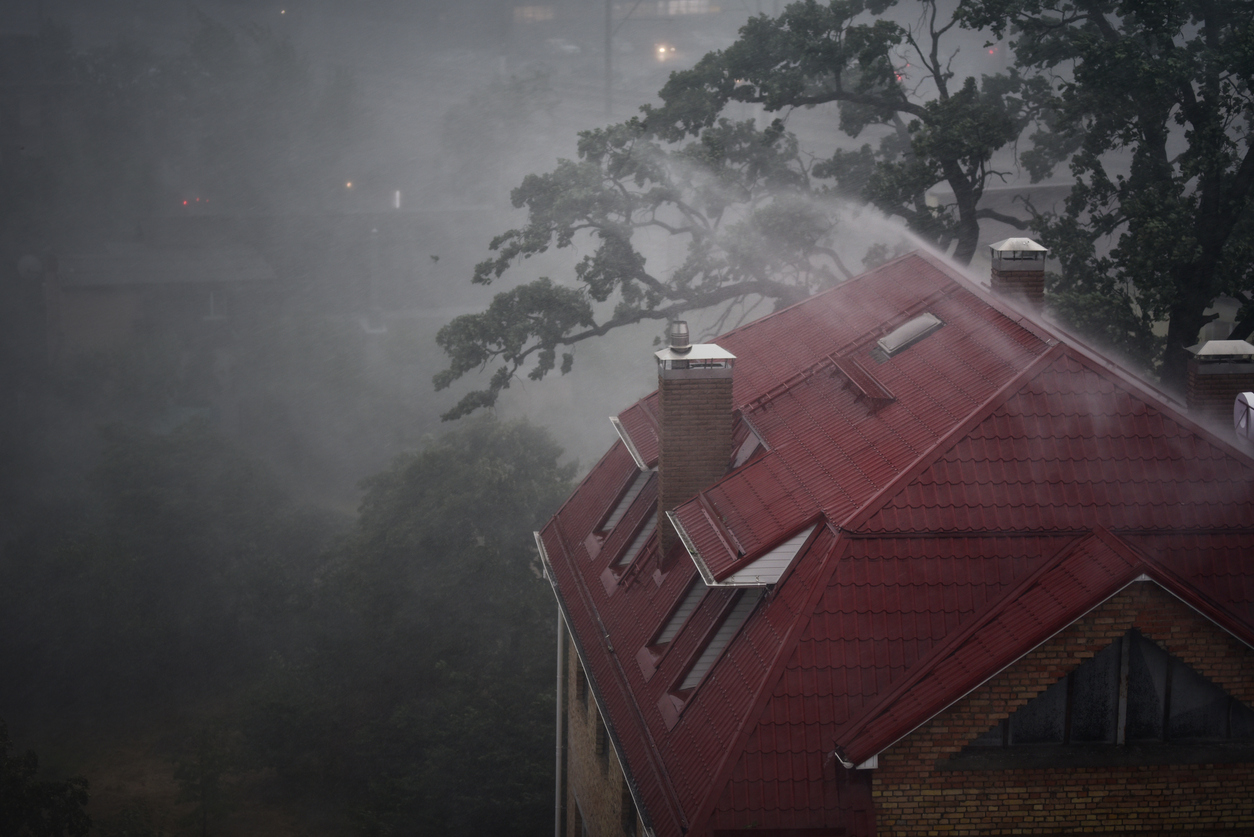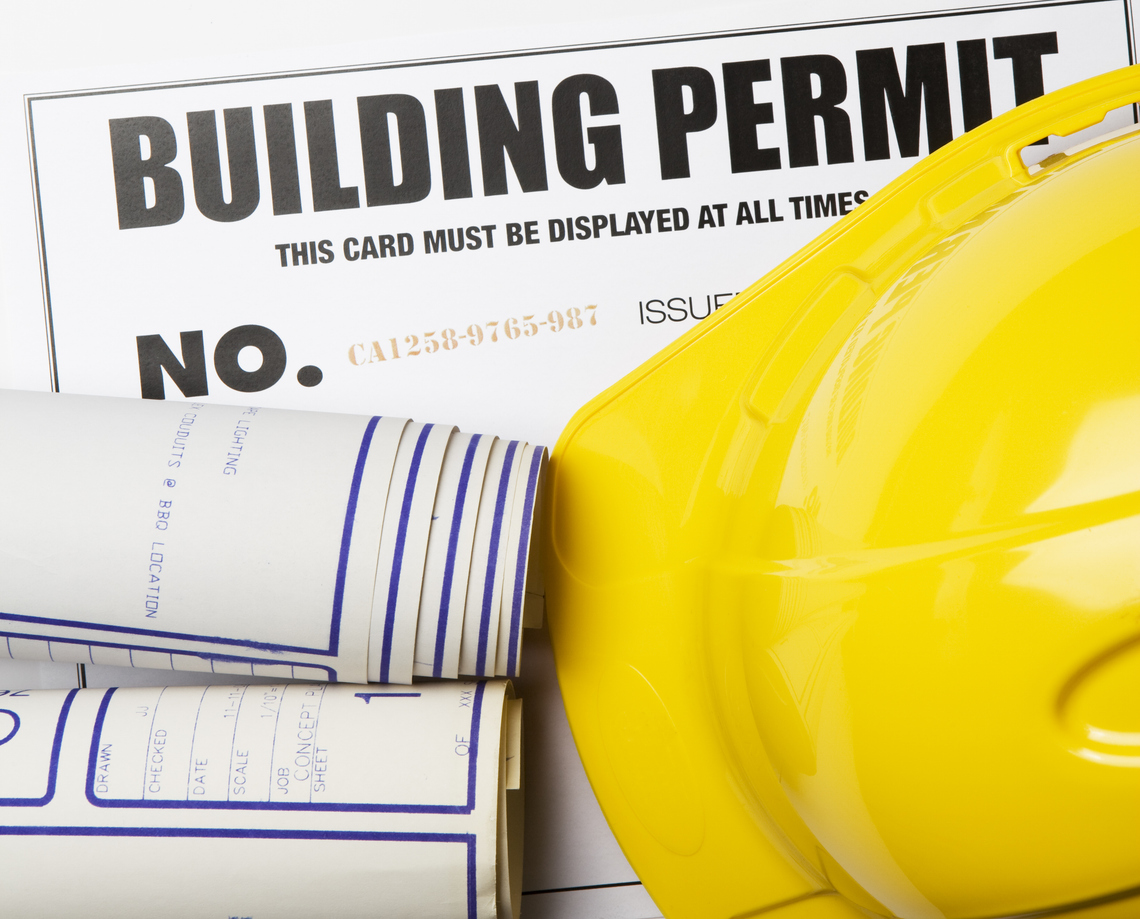Florida Governor Ron DeSantis is a lawyer. He correctly noted at a Hurricane Ian press conference that there will be insurance claims disputes. He explained that the flood carrier will try to argue the damage was caused by the hurricane winds, and the wind insurer will do the opposite. He then went too far and tried to explain to the press how to distinguish one from the other.
The bottom line is that most policyholders with flood damage should report the loss to their wind carrier and the flood carrier. The two claims are not mutually exclusive. Most flood-damaged homes from a major hurricane have significant wind damage. Therefore, both carriers need to be placed on notice.
Policyholders are going to find that Governor DeSantis is correct—the flood adjusters will independently try to determine only the flood related damage, and the wind insurance adjusters are only going to determine the wind damages.
Who is going to adjust both types of damage? This is where public adjusters can provide a very valuable service. Public adjusters are licensed by the State of Florida to handle and adjust both types of loss.
In my book, Pay Up! Preventing A Disaster With Your Own Insurance Company, I devoted one entire chapter to the issue of wind versus flood damage adjustment disputes. I provided one example of how the Texas Windstorm Insurance Association wrongfully denied thousands of claims with fabricated science:
Making sense of the sometimes bizarre methodology that insurance companies use to assess claims will make your head spin. Their logic often defies common sense. For example, we represented hundreds of people on the Bolivar Peninsula in Texas after Hurricane Ike blew through in 2008. Many people had their wind claims systematically underpaid. The Texas Windstorm Insurance Association (TWIA), which insured the vast majority of houses on the peninsula, determined that the wind had only caused 11 percent of the damage for everyone, as if all cases were the same, all buildings the same, all damage the same. This was not the case. There was no scientific or logical reason to expect that it would be.
…
Cases such as this are sometimes the result of a legitimate misunderstanding or systemic error. However, they can be the result of bad faith on the part of insurance companies trying to minimize payouts by denying legitimate claims.
I wrote about this today because I got a note from a friendly wind insurance adjuster that they were sending most of their claims to the flood insurance carrier. I wrote that both carriers covering different risks should inspect and evaluate the loss. Ideally, they should do this together, but that is not how it happens today.
In Is It Time to Mandate Flood Insurance in Property Policies?, insurance industry educator Bill Wilson suggests there should be a combined policy, so these disputes cease.
Until then, I would strongly suggest that policyholders get help with their wind versus flood claims by seeking experts on the topic and help from qualified and reputable licensed public adjusters who have experience with these types of losses.
Thought For The Day
Anyone who says they’re not afraid at the time of a hurricane is either a fool or a liar, or a little bit of both.
—Anderson Cooper




